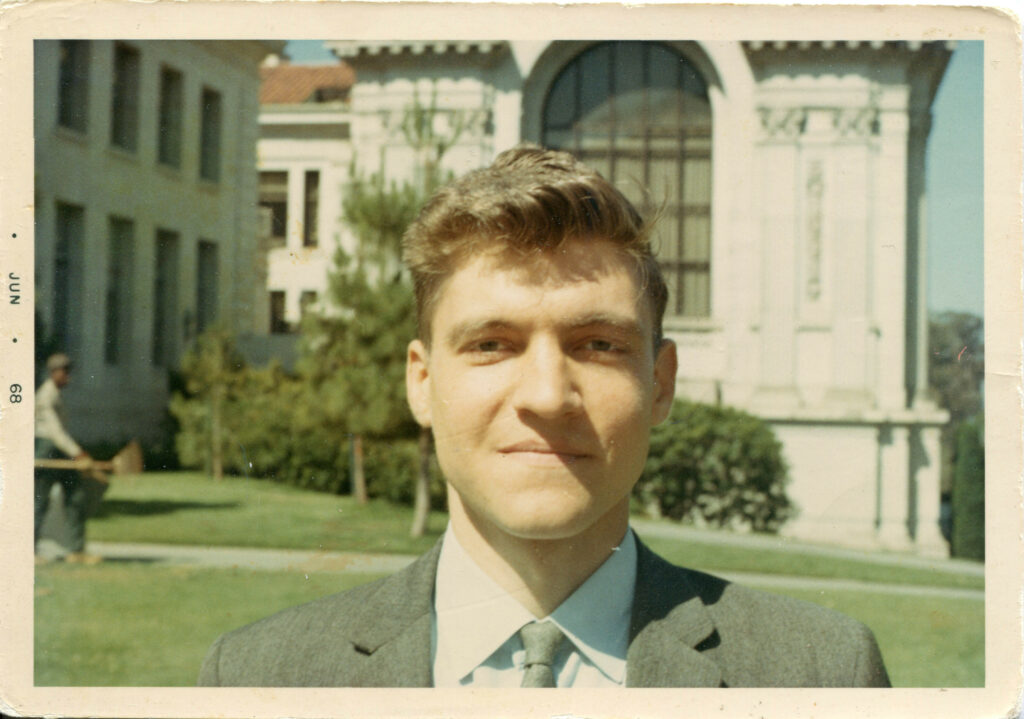Ted Kaczynski, pictured here in 1999, wrote in his manifesto about how technology would be the downfall of America. (Stephen J. Dubner/Getty)
Before Theodore Kaczynski, a former maths prodigy turned neo-Luddite hermit, made his murderous debut as the Unabomber, he often employed a quirky phrase, which courted the attention of the FBI and led to his eventual capture.
Between 1978 and 1995, people at universities and airlines (hence the code name UNiversity and Airline bomber) were targeted by homemade bombs sent through the post.
The New York Times and the Washington Post published the bomber’s 35 000 word manifesto, hoping to spark leads. It was Kaczynski’s sister-in-law, Linda Patrik (whom he’d never met), who convinced her husband, David Kaczynski, to review the rambling screed.
It was the term “cool-headed logicians”, together with other unique phrases and idioms, that alerted him to the fact that these were often used by his brother. Thus began the FBI’s interest in Ted Kaczynski.
 Theodore Kaczynski, in his younger days.
Theodore Kaczynski, in his younger days.
Now that we are in the digital era of fake news, those who work in rooting out misinformation often point to typos and shoddy writing as an easy way to spot badly cobbled together fake news operations.
It’s thanks — in part — to wonky spelling, the quirky use of language, slang and odd or misplaced punctuation that those who wish to remain anonymous have often been identified. Unlike the NYT, which in 2017 dissolved its copy desk, the Mail & Guardian still employs subs (industry speak for subeditors), and their job is one of the most crucial but unseen in a newsroom. Some papers have turned to outsourcing or asking reporters to do their own subediting.
 Theodore Kaczynski, after his arrest.
Theodore Kaczynski, after his arrest.
Subeditors are the people who turn a reporter’s words into coherent work with the correct use of grammar and language, without removing the author’s voice or misrepresenting the report. They also have the magical ability to turn gibberish into spun gold. From fact-checking to panel-beating, their work often saves journalists and news organisations from costly and embarrassing mistakes.
The Gray Lady now has to contend with a persnickety pedant who publicises its errors and we would like your help to escape that fate.
As we’ve said before: quality journalism is neither easy, cheap nor profitable. We don’t have the luxury of being propped up by anonymous billionaire benefactors. We rely on you to remain wholly independent. The more readers funding our work, the more time and resources we can dedicate to doing our best journalistic work and the greater the effect we can have. We value our autonomy. Please support us with a subscription today.
Kiri Rupiah & Luke Feltham write The Ampersand newsletter for subscribers. Sign up now for the best local and international journalism handpicked and in your inbox every weekday